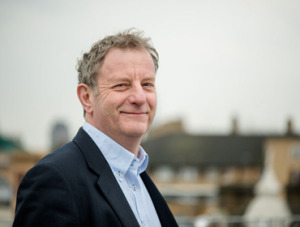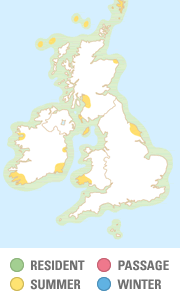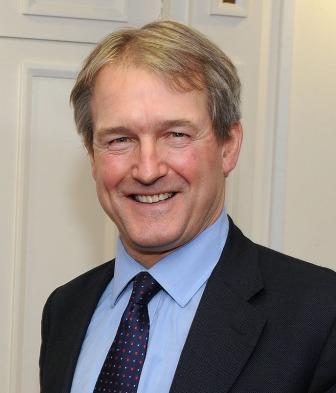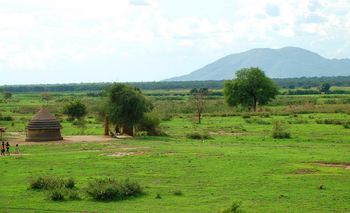There is a big story breaking at Climate Audit right now about the authors of the letter demanding that climate sceptics be put on trial, and in particular the instigator, Jagadish Shukla.
In 2001, the earliest year thus far publicly available, in 2001, in addition to his university salary (not yet available, but presumably about $125,000), Shukla and his wife received a further $214,496 in compensation from IGES (Shukla -$128,796; Anne Shukla – $85,700). Their combined compensation from IGES doubled over the next two years to approximately $400,000 (additional to Shukla’s university salary of say $130,000), for combined compensation of about $530,000 by 2004.
Shukla’s university salary increased dramatically over the decade reaching $250,866 by 2013 and $314,000 by 2014. (In this latter year, Shukla was paid much more than Ed Wegman, a George Mason professor of similar seniority). Meanwhile, despite the apparent transition of IGES to George Mason, the income of the Shuklas from IGES continued to increase, reaching $547,000 by 2013. Combined with Shukla’s university salary, the total compensation of Shukla and his wife exceeded $800,000 in both 2013 and 2014. In addition, as noted above, Shukla’s daughter continued to be employed by IGES in 2014; IGES also distributed $100,000 from its climate grant revenue to support an educational charity in India which Shukla had founded.
 Bishop Hill
Bishop Hill  Sep 29, 2015
Sep 29, 2015  Climate: Oceans
Climate: Oceans  Climate: carbon budget
Climate: carbon budget 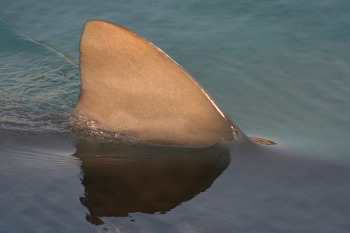 Yes folks, we may have reached peak climate drivel, with the news that we are being saved from impending climate disaster by the heroic actions of a hardy bunch of...sharks.
Yes folks, we may have reached peak climate drivel, with the news that we are being saved from impending climate disaster by the heroic actions of a hardy bunch of...sharks.



